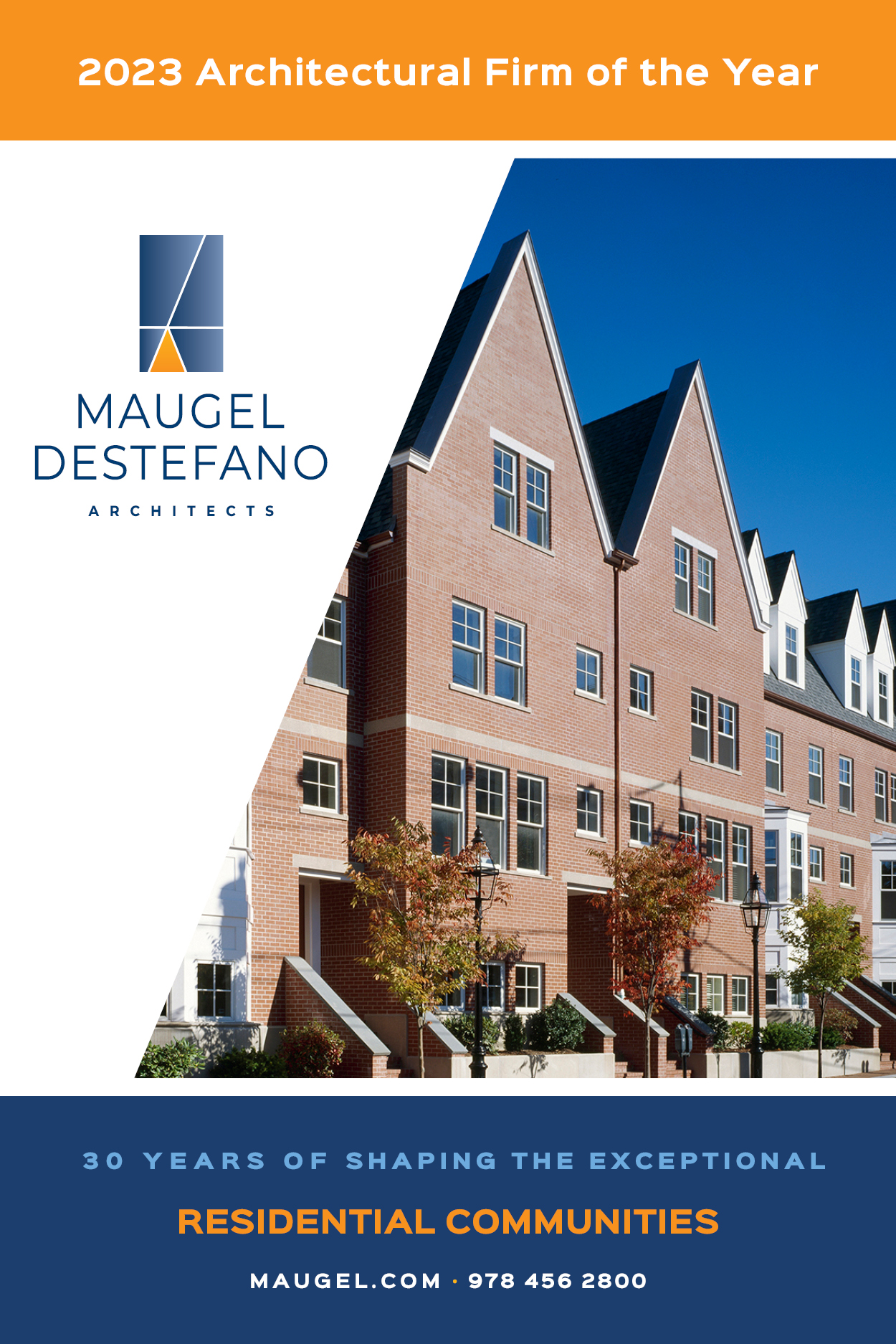BOSTON– The Urban Land Institute (ULI) of Boston/New England announced three municipalities on Boston’s North Shore have been selected to participate in the organization’s newly launched Mobility Oriented Development (MOD) Initiative: Beverly, Everett and Salem.
The Initiative will leverage ULI resources to meet the unique opportunities and challenges in each community to expand mobility infrastructure and attainable housing.
The goal of the MOD Initiative is to assist municipalities in our region with expanding mobility infrastructure and attainable housing growth. The public/private partnership through the MOD program seeks to identify ways to strengthen communities with actionable recommendations developed around specific mobility and housing challenges.
“We know that attainable housing and enhanced mobility are key components of our region’s sustained economic competitiveness. Moreover, for any of us, they are core to our wellbeing and strengthen community resiliency. We are proud to formally launch the MOD Initiative across a handful of municipalities in Greater Boston and look forward to adding value to the work that the cities are doing,” says Catherine Rollins, Director of ULI Boston/New England. “Through this initiative, the public and private sectors are given unique opportunities to collaborate, learn from one another, and address challenges related to the built environment to promote equitable outcomes.”
“The need for attainable housing is one of the greatest challenges that Salem and our entire Commonwealth faces today,” says Mayor of Salem, Dominick Pangallo. “ULI’s new initiative will provide Salem the opportunity to collaborate with private and public sector experts to better meet our city’s housing goals, as well as advance our work on Salem’s mobility infrastructure. Both efforts are central to ensuring a livable and affordable community for all our residents.”
The MOD Initiative includes various resources for municipalities and is designed to produce actionable results tailored to each city’s needs. Through the Initiative, ULI offers a variety of resources to municipalities, including: membership in ULI; a Technical Assistance Panel (TAP) offering tailored expert advice on a complex land use challenge; an UrbanPlan for Public Officials experiential learning workshop to explore the decisions and tradeoffs inherent in the development process; complimentary registration for a ULI Fall Meeting or Spring Meeting that includes several days of programming around housing attainability, climate resilience, and other leading land use topics; and access to ULI Learning courses and Knowledge Finder content library including reports and case studies.
“Ensuring that residents have access to high-quality housing that they can afford, and that they can get from their homes to their jobs and schools efficiently every day, has long been a top priority of mine. I am proud to participate in ULI’s MOD Initiative to build on our momentum and make progress for the residents of Everett,” says Mayor of Everett, Carlo DeMaria. “Through this new partnership, the city of Everett reinforces its commitment to creating accessible and attainable housing for the community and addressing our transportation needs for everyone’s benefit.”
“For the economic and overall health of our region, the state and federal governments need to invest greatly in our train, subway, and bus systems,” says Mayor of Beverly, Michael Cahill. “In the meantime, we’re excited to work with ULI to promote strategies that will help people better move around our downtown and throughout Beverly.”
In addition to the technical assistance resources described, ULI is also offering participants access to real estate and land use experts to answer any questions; facilitated networking opportunities; communications assistance to publicize municipalities’ work through this initiative; and the opportunity to participate in convenings around selected topics in development. To learn more about the origin of the MOD Initiative, please visit https://boston.uli.org/mobility-oriented-development-mod-research-request-for-proposal/.




















